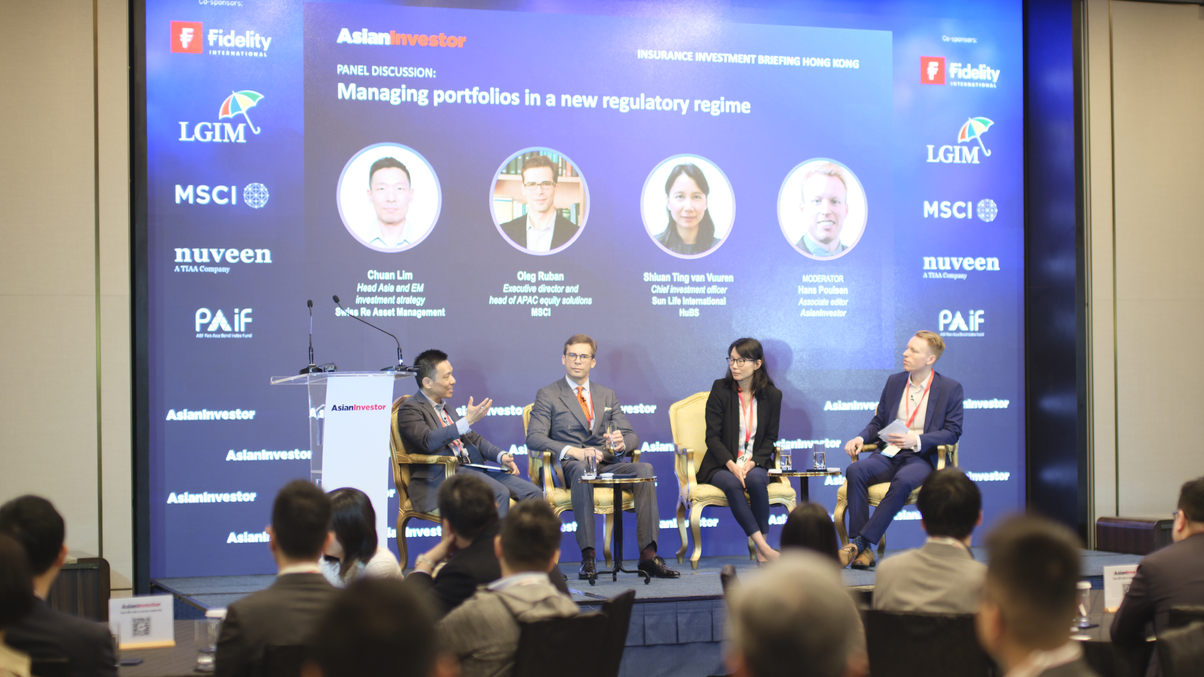Swiss Re looks for resilience, quality in high rate environment
Higher-for-longer interest rates are shaping investment preferences for the reinsurer, the audience heard at insurance industry event in Hong Kong.

The relatively high interest rate environment has proven itself to be stickier than first expected, and that is reshaping investment sentiment at Swiss Re Group.
Sign in to read on!
Registered users get 2 free articles in 30 days.
Subscribers have full unlimited access to AsianInvestor
Not signed up? New users get 2 free articles per month, plus a 7-day unlimited free trial.
¬ Haymarket Media Limited. All rights reserved.


